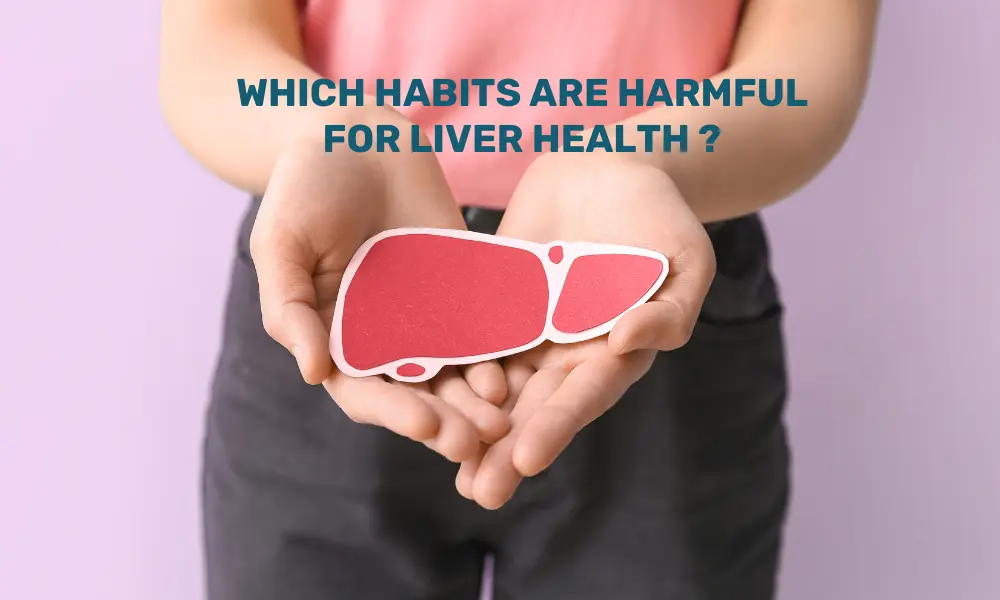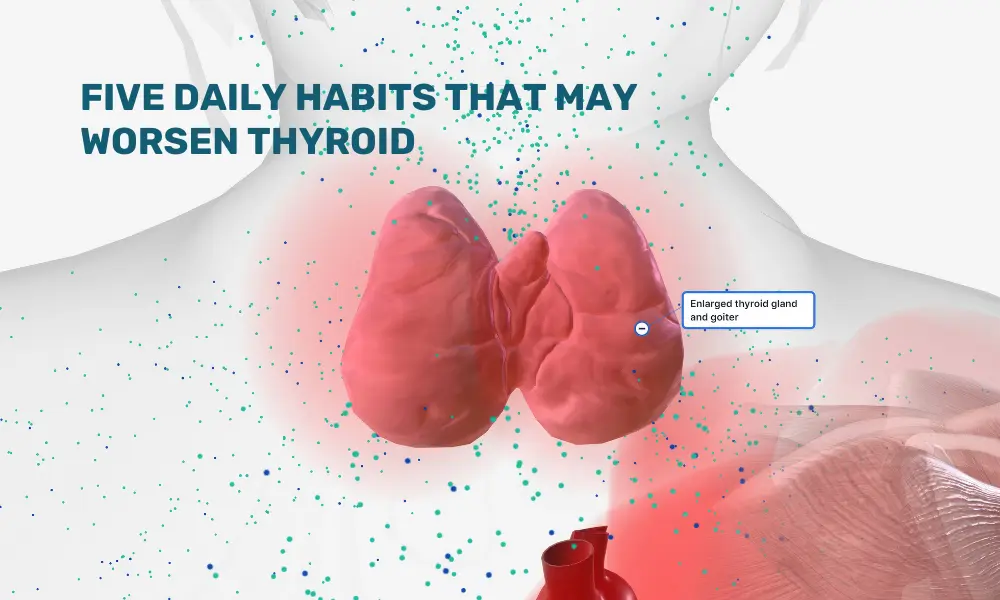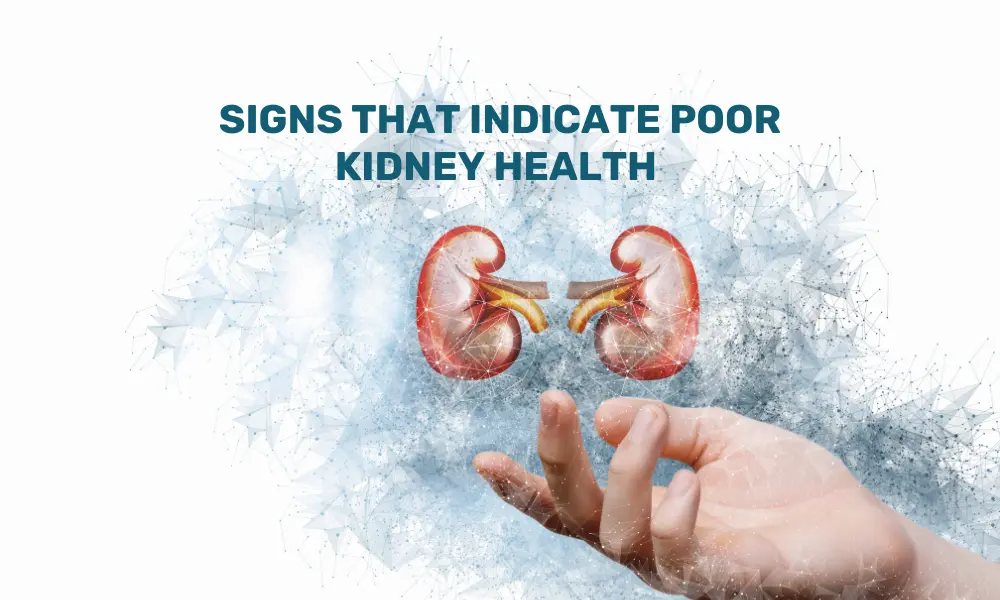The liver is a vital organ in our body that filters toxins, regulates metabolism, and supports our digestion. Many of our everyday lifestyle choices can boost or damage our liver health. Also, most liver conditions remain silent until they become severe. Therefore, it is crucial to be aware of the habits that might be doing more harm than we realize.
Liver damage is often associated with chronic alcoholism, but that’s a misconception. Even social drinking, when done regularly over the years, can lead to fatty liver or inflammation. Alcohol is metabolized in the liver, and repeated exposure, even in small amounts, forces the liver into overdrive. Gradually, this may cause scarring and permanent damage, leading to liver cirrhosis.
While alcohol is a well-known culprit, poor dietary habits are equally dangerous to our liver health. Non-alcoholic fatty liver disease (NAFLD) is fast emerging as a major liver concern, especially among overweight people and diabetics. Diets loaded with sugar, refined carbohydrates, and trans fats can cause fat buildup in liver cells, without alcohol.
A lack of physical activity, which contributes to insulin resistance and obesity, strains the liver further. It is the combination of a sedentary lifestyle and poor eating that silently lays the groundwork for liver diseases.
One must adopt simple habits like eating whole foods, staying active, and maintaining a healthy weight, as these can help protect liver health.
The following bad lifestyle habits that silently damage our liver, must be strictly avoided:
-
Insufficient hydration: Water helps the liver flush out toxins. Chronic dehydration can reduce its efficiency and increase the load of metabolic waste.
-
Relying on herbal supplements: If you believe herbal means harmless, then recheck. Certain herbal and Ayurvedic supplements contain hepatotoxic compounds. Always take supplements under medical guidance.
-
Skipping regular health checkups: Because liver disease rarely shows early symptoms, annual checkups are key, he says. “Simple tests can help detect abnormalities before they escalate.
-
Eating processed and sugary foods: Regular consumption of fast food, sugary drinks, and processed snacks promotes fat accumulation in the liver, contributing to NAFLD.
-
Not exercising regularly: Lack of physical activity leads to weight gain and metabolic issues, which put extra pressure on liver function.
-
Overusing painkillers: Frequent use of over-the-counter drugs like acetaminophen (paracetamol) can be harmful. High doses, especially when mixed with alcohol, can be toxic to the liver. Always stick to recommended dosages and consult a doctor before prolonged use.
Good Habits for Healthy Liver
Liver damage can be hazardous for our overall health. Therefore, one must adopt healthy habits and a lifestyle, which may include:
-
Focus on fruits, vegetables, lean proteins, and whole grains, which provide essential nutrients and antioxidants.
-
Include leafy greens (like kale and spinach), berries (blueberries and raspberries), nuts (almonds and walnuts), fatty fish (sardines and salmon), and whole grains as they are beneficial for liver function. Maintaining a healthy weight is essential. Obesity is a significant risk factor for fatty liver disease.
-
Water helps flush out toxins and waste products, supporting liver function, so drink a lot of water and fluids.
-
Limit or avoid alcohol, as excessive alcohol consumption is a leading cause of liver damage.
-
Exercise improves liver function, reduces liver fat, and promotes healthy weight management.
-
Always remember that adequate sleep is crucial for overall health, including liver function.
Since liver health is directly proportional to our overall health, we should ensure that we have a healthy and active lifestyle to avoid liver issues. To consult a doctor for any liver related issues – CLICK HERE!
Disclaimer: This article is meant for informational purposes only and must not be considered a substitute for professional advice.





